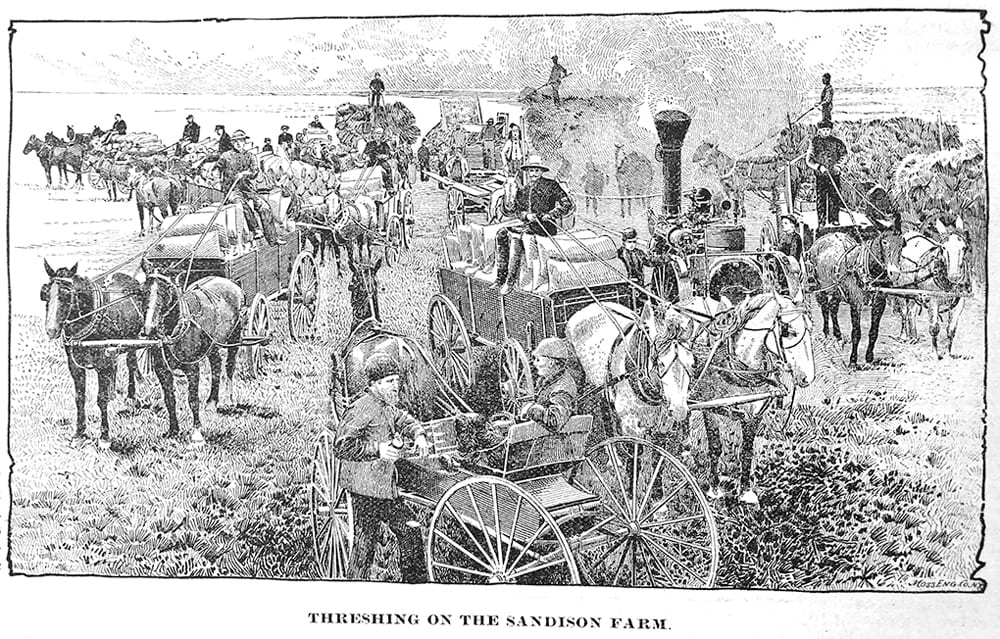“You don’t have access to do much business.”
IAN WISHART, KAP
Last week’s public outcry over a move to cut a federal program linking rural Canadians with the Internet may speak volumes about Internet service outside urban centres.
The opposition to the government’s plan suggests Internet service in rural Canada isn’t nearly as good as some think, said Ian Wishart, president of Keystone Agricultural Producers.
“People who are not living in rural areas make a lot of assumptions, not only that we’ve all got it, but we all have high-speed like they do,” said Wishart. “The reality is quite a bit less than that.”
Read Also

Cereal cover crops show mixed flea beetle protection for canola
University of Manitoba researchers are testing if planting fall rye and oat nurse crops help growers reduce damage without hurting yield.
In fact, KAP estimates 30 per
cent of rural Manitobans still have dial-up Internet access instead of the high-speed access city dwellers take for granted.
Farmers often find it impossible to download information from government websites because dial-up is just too slow, Wishart said.
“You don’t have access to do much business and get enough information through quick enough,” he said.
That was Wishart’s experience before he finally got high-speed Internet access at his farm north of Portage la Prairie.
“The minute you started anything more than one (megabyte), you were done. It wouldn’t come down. The server couldn’t handle it fast enough.”
Wishart was speaking after the federal Conservative government abruptly reversed plans to cut funding to community groups that provide free Internet access to people who might not have it otherwise.
News emerged last week that Industry Canada had sent letters to organizations participating in the 16-year-old Community Access Program telling them that groups within 25 kilometres of a public library would no longer be eligible for funding.
CAP is administered in Manitoba through a provincial agency. A Manitoba government spokesperson said CAP presently funds 182 organizations in the province. Only 45 would be eligible under reduced funding.
Following objections from community groups and other organizations, Federal Industry Minister Tony Clement quickly insisted CAP would still be funded, just from a different source.
The fact that the government was forced to backtrack suggests rural residents need quality Internet service through CAP because their own service is inadequate, Wishart said.
About 50 public libraries in Manitoba participate in CAP. Trevor Surgenor, director of the provincial Public Library Services Branch, said rural residents often use the Internet at their local libraries because they lack resources at home to do it.
“This is what customers expect when they walk into a public library. They expect to be able to access the Internet,” he said. “It’s basic library service today.”
Surgenor said when he was chief librarian in Thompson before coming to PLS, the library’s Internet was always booked solid by patrons using it for everything from job searches and long-distance study courses to computer games.
Betty Braaksma, Manitoba Library Association president, said she used to work with CAP while with the Ontario Ministry of Culture before coming to a new job at the University of Manitoba.
“It gives people access to Internet sources which they normally wouldn’t have,” Braaksma said.
The federal government says it is spending $200 million to expand broadband coverage to Canadians currently under-served by the Internet.
That’s fine, said Wishart, but some of Ottawa’s plans to upgrade transmission towers stretch 10 years into the future.
“It’s kind of like taking milk delivery away from the house and saying, you’re going to have a store down the road in 10 years, so you don’t need milk delivery.” [email protected]
















